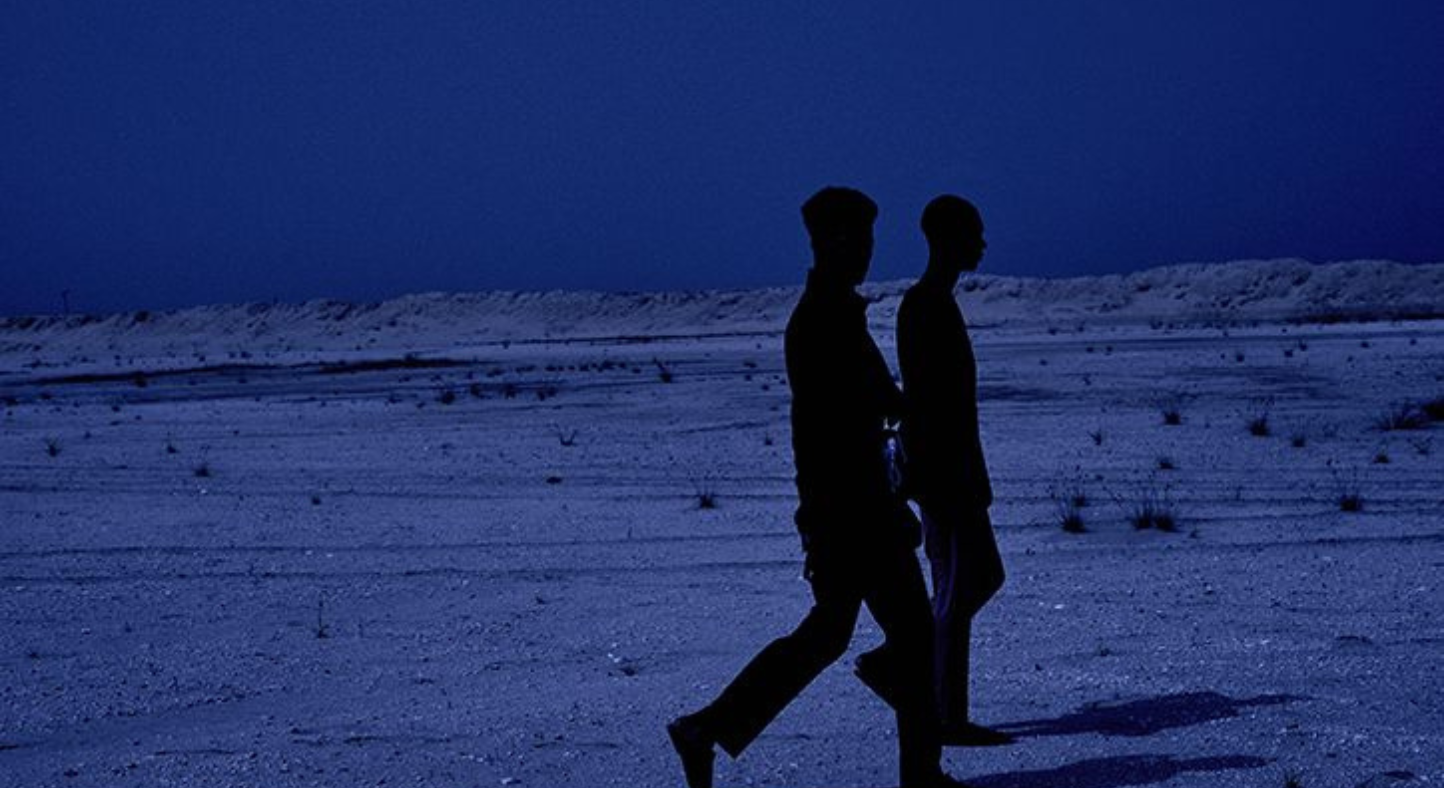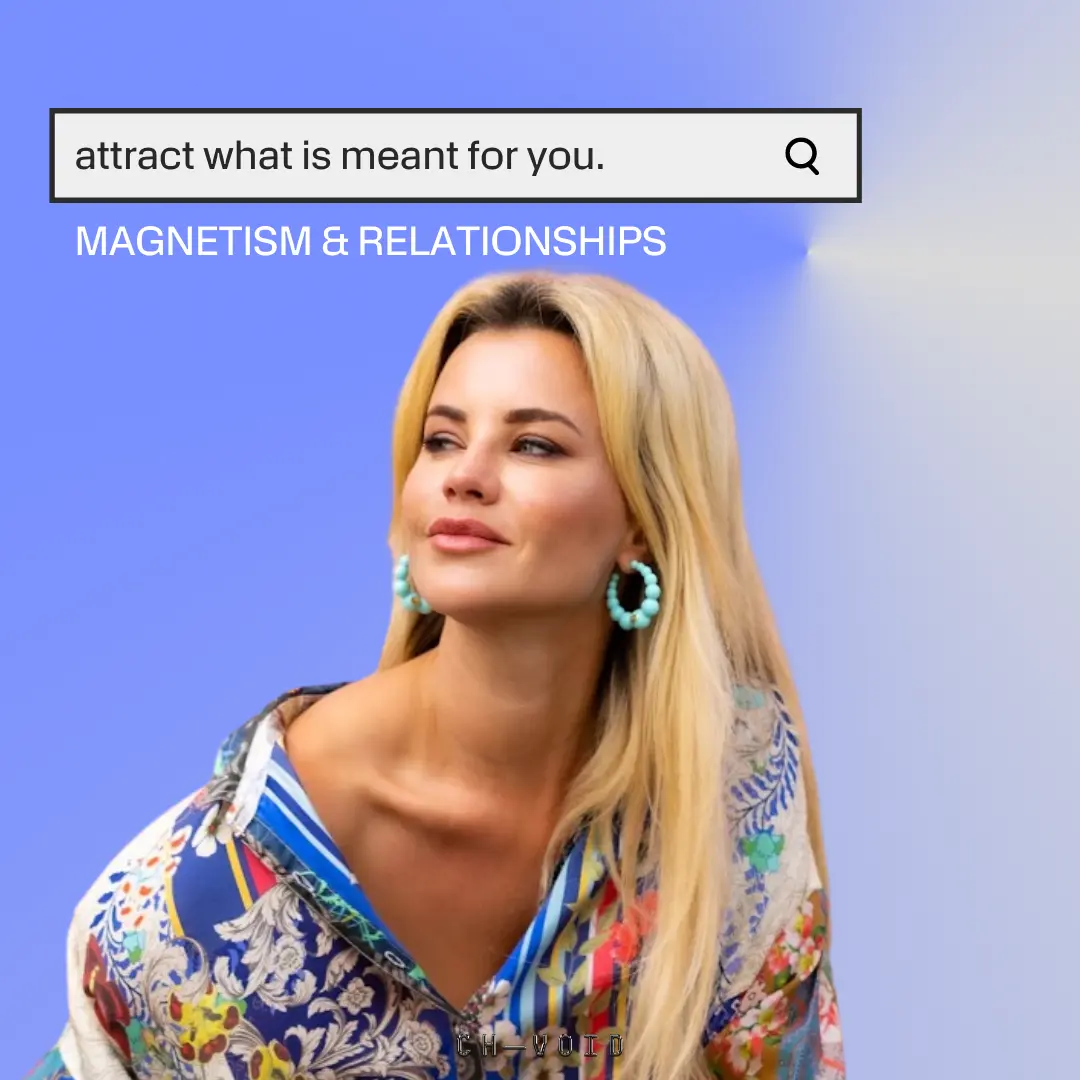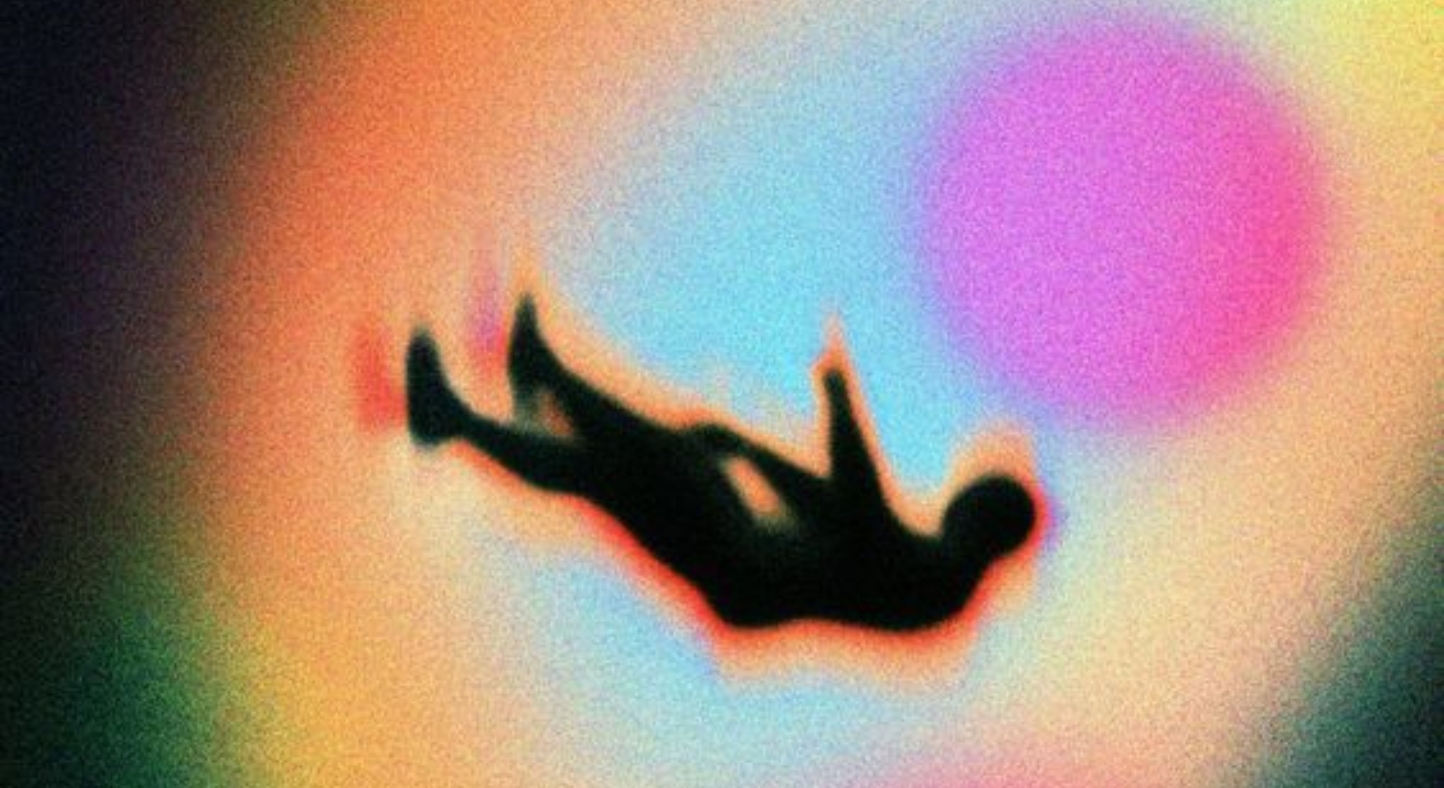Memento mori
Mortality as a motivator.
Just like breathing, our mortality is a silent and unconscious presence that follows us through life until our breath is replaced by death. It usually takes someone we know to die for us to think about death. And considering our own mortality usually takes more than that. We push death from our thoughts because death is scary and makes us sad. Everyone dies but very few of us seriously think about our own death until it has been diagnosed, or we’re old enough to be reaching the upper end of statistical projections. What would happen if we consider our mortality when we’re healthy? What could be gained by exploring our fears around death and looking at our perception of our lives. Remembering we die helps remind us to live.
My first memory of death is killing a worm as I skewered it onto a hook to catch and kill (cook then eat) a fish when I was five years old. I can’t remember how many worms I mangled before finally catching the prized Rainbow Trout, but when I did, dad knocked the fish on the head with a stick and made its eyes bulge and go dull. There’s a huge, beautiful tropical fish called a Mahi Mahi. It has stunning colours that fade after it dies – a visual echo of death conquering life’s beauty. Rainbow trout keep their colour and seeing the beautiful flash of pink and silver in the bottom of the bucket made me sad. That was until the fish started thrashing again – life after death. Of course, that was just some errant nerves firing, not proof of the afterlife, dad said.
WHY WE AVOID THINKING ABOUT DEATH_
Trying to wrap our heads around death is hard. As kids, we’re usually introduced to death when our beloved pet curls its toes. Less fortunate kids have to navigate the heavy grief emotions of death when a family member dies. My mum died of cervical cancer when I was seven years old and boy that was confusing. I remember dad trying to explain that mum was going away and never coming back. At first, I couldn’t grasp why she couldn’t come back, and not because of Jesus’ unrealistic precedent either. Mum was there and I couldn’t imagine my life with her gone from it forever. Remember, everyone you know will die.
When we do come to understand death, it is imbued with heavy emotions and confusion, we unconsciously mark it as scary and too hard to deal with. So, we ignore the grim reaper in the room until she clears her throat and we’re forced to acknowledge our mortality at someone’s funeral, a death of another pet or perhaps after our mind wanders off-piste after we see the latest COVID-19 death rates. Death is sad so we unconsciously avoid thinking about it.
MOMENTO MORI MOTIVATION_
The motivational powers of our mortality have been lauded for centuries. The Latin phrase, ‘Memento Mori’, which means ‘remember you will die,’ was used by ancient Roman Stoic Philosophers to clarify their life’s priority and meaning and remind them to make the most of the time they had before death came knocking. In some ways, it was the original and much more enduring YOLO, also it was intended to inspire living a better life – not seeking viral fame on Vine. The Roman Emperor and famous Stoic Philosopher Marcus Aurelius (the old emperor in Gladiator who was killed by Jaoquin Phoenix when he tried to make Russel Crowe emperor, also a real guy from history) wrote in his book Meditations, “You could leave life right now. Let that determine what you do and say and think.” We know our time on Earth is finite but we act like it’s limitless, remember you will die and start living like each day is worth something.
Memento Mori’s great gift is tapping into deathbed clarity to stoke our motivation and help us make best use of the time we have. Thinking of our mortality – and this applies for anything we cannot control – leads us to two broad options. One, we can fret, stress and fear the thing we cannot stop or control, which can lead to pretty intense and persistent anxiety. Or two, we can surrender to the lack of control and shift our attention and energy towards the things we can change. We can stave off death in some capacity by controlling our health – eat well, move our bodies, keep vices to sometimes instead of often. We can’t control when our life ends but we can control how we live each day. Taking control of our days gives us a sense of control, which quiets anxious thoughts. And by making better use of our days, life feels more satisfying – doing things we enjoy connects us with purpose – and life feels good. And if we continue doing this, our lives begin to feel so good, death loses its menace, if only a little.
OPTIMISING FOR GOOD DAYS EVERY DAY_
I recently met a friend who has journaled every day for over ten years. He follows the ideas set out in The Artist’s Way, which encourages us to write ‘morning pages’ – three pages of whatever’s in your head – every day. I can’t (or won’t) make time for journaling but have adopted a practice from Silicon Valley tech companies called morning “Stand Up”. I’ve done Stand Up the last few jobs I worked and when I started freelancing full time, I continued it. The idea is to practice gratitude, acknowledge the progress you achieved the day before and set clear priorities and intentions for the day ahead. (What are you grateful for today, what did you achieve yesterday, what will you do today?) Setting a daily intention helps conquer one of the biggest saboteurs of our time – feeling unmotivated. We all know someone who never lacks motivation, they’re usually lovely but hard work at parties. What I’ve come to realise is that motivation is usually caused by feeling overwhelmed by unclear priorities. This is true for work as much as it is for our personal lives. Stand up is a way of manufacturing motivation by clarifying priorities and setting clear intentions.
Bill Gates said we overestimate what we can do in a day and underestimate what we can achieve in a year. Tapping into our mortality’s motivation, setting clear intentions and prioritising them can help us make the best use of our days to work towards long-term goals. Another way to set yourself up for success is to schedule regular check-ins to review and celebrate your progress and check you’re still on the right path to achieve your goals. This tends to happen unconsciously on birthdays and New Years Day with a sore head. And if you’re not making good use of your time, it can be quite melancholic and disheartening. So, remember you will die and start living before your next birthday. And if it happens to be your birthday tomorrow? Happy birthday, remember you will die.
MAKE DEATH WORK FOR YOU_
Remember you will die and think about how you want to feel when you look back on your life and how you used your time. The saying ‘time is money’ makes me think of garish businessmen in flashy suits and pointy shoes talking obnoxiously loud about ‘getting it done’ on handsfree while they wait for a pretentious coffee order. But, if we could learn to value our time as much as we do money, our lives will have more meaning, purpose and satisfaction than that businessman has hair gel.
It’s taken countless jobs – some enjoyable, some not, some well paid, others not – and this year working to establish freelance work while also learning how to be a dad to fully appreciate the value of my time (and a good nap). It made me realise no one values your time as much as you do. So if you don’t value your time, it’s worthless. This can be super confronting but growth comes from discomfort – it’s the foundation for evolution, after all. So, remember your time is valuable. It is up to you to use it to make yourself happy. You can go on ignoring your mortality, procrastinating your life dreams, and giving excuses more credit than they deserve. Or you can remember you will die, that time is finite and think about who you want to be and what you want to be doing with your days between now and your guaranteed end.





















